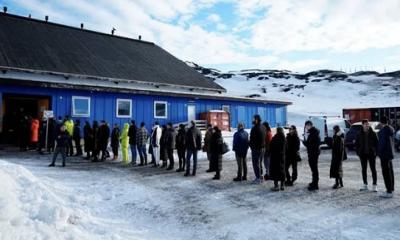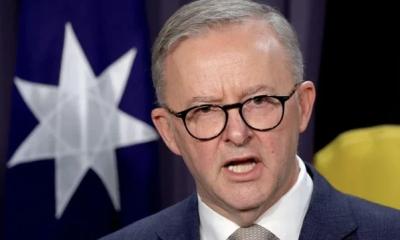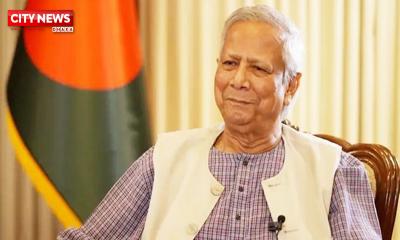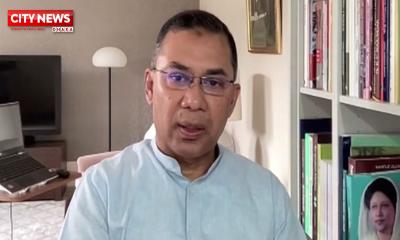Togo`s first-ever senatorial elections will take place on Saturday, cementing a new constitution vehemently rejected by opposition parties that say it will let President Faure Gnassingbe hold on to power indefinitely.
Several have said they will boycott the vote, and civil society groups have also denounced the parliamentary reform for the small west African nation as rigged.
Gnassingbe has led the country of around nine million people since 2005, when he took over from his father who had been in power for 38 years.
The Senate elections had originally been scheduled for February 2 but the government postponed them by two weeks in late January, citing a wish for more time "to allow political actors to better organise themselves".
The new constitution replaces the direct election of the head of state by a parliamentary system, making the presidential position merely honorific.
Power will be transferred to the president of the Council of Ministers, a position currently held by Gnassingbe.
A leading opposition group, the Alliance of Democrats for Integral Development (ADDI), has confirmed that it will participate in Saturday`s elections.
But several other opposition parties, including the National Alliance for Change (ANC) and the Democratic Forces for the Republic (FDR), have said they will boycott it, calling the overhaul and Senate vote a "constitutional coup d`etat".
Decentralised power?
The ANC on Wednesday expressed its "firm rejection of this anti-democratic process that aims to install an illegal and illegitimate republic".
Earlier in the week, the FDR slammed a "parody" vote and said the Senate would be a costly institution "while our municipalities and regions painfully lack the financial means to address the population`s vital needs".
The president`s supporters say that the constitutional change ensures more representation.
"The Senate will contribute to the decentralisation of power, by strengthening the participation of community citizens in the exercise of political power," Mazamesso Wella, a public law professor at the University of Lome, said on national television.
The Senate will be composed of 61 members, of which 41 will be elected by regional and municipal councillors and the rest appointed by the Council of Ministers president.
Under the previous constitution, Gnassingbe was limited to one last presidential run, in an election set for this year.
His governing party, the Union for the Republic (UNIR), won legislative elections last April in a landslide.
Opponents had called the ballot an "electoral hold-up" marred by "massive frauds".





















Comment :